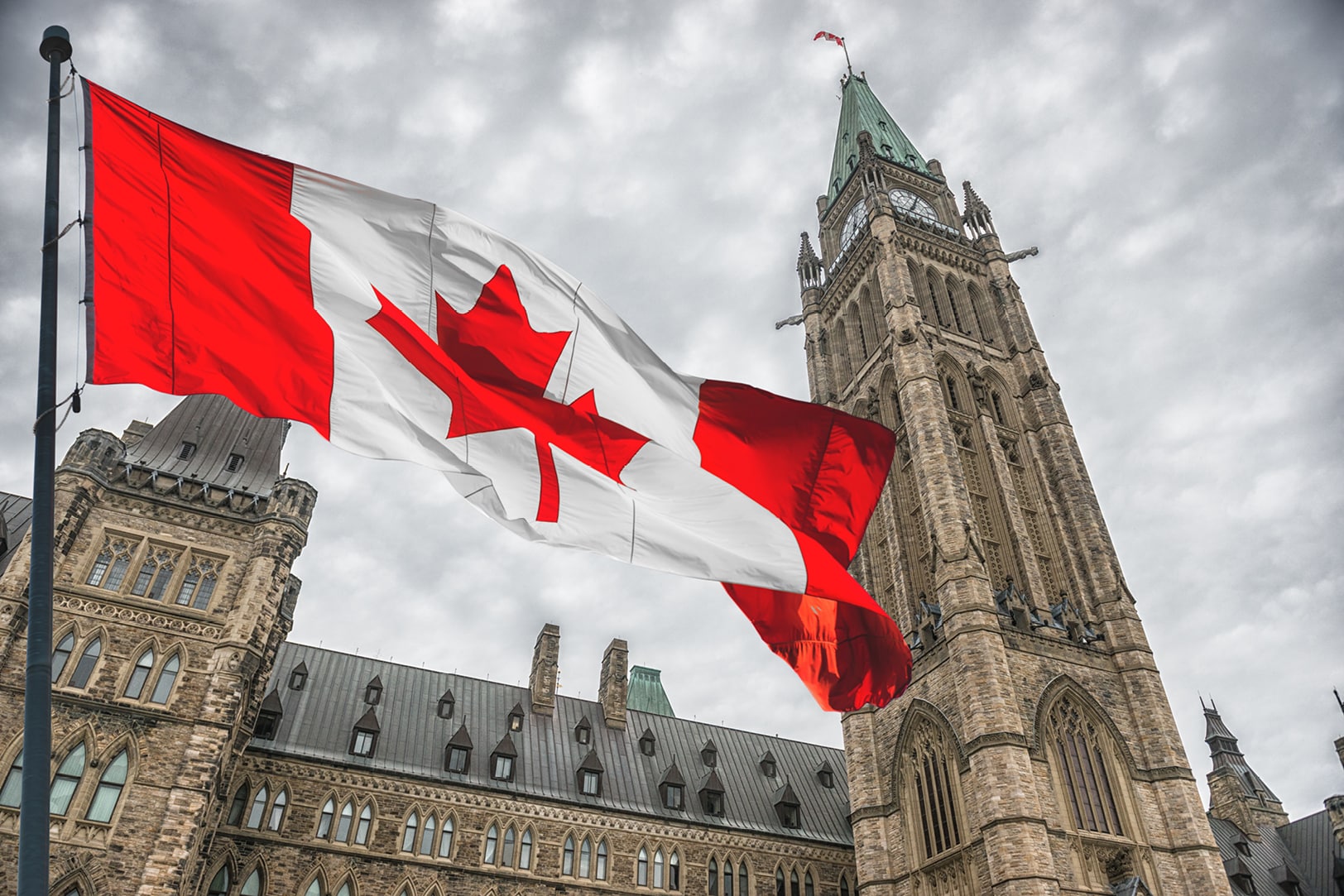Canadian businesses are actively adapting and innovating to mitigate the impact of US tariffs and evolving trade pressures. In our recent Tariff Impact Survey, companies shared with us their perspectives on strategies such as enhancing productivity, merger and acquisition opportunities and new business partnerships. Government relief measures can play a crucial role in supporting these efforts—strengthening your business and helping it seize new growth opportunities.
In addition to new programs, companies can turn to existing government initiatives, including tax credits and incentives, that support research and development and other key business investments. In some cases, businesses can combine federal and provincial government supports, helping them move faster by making critical investments more financially viable.
47% of Canadian companies expect to turn to government programs, as well as investors and creditors, to support their organization in the face of US tariffs.
Source: PwC Canada Tariff Impact SurveyNow is the time to consider how your business can access new tariff relief measures and stack existing tax credit and incentive programs to make the most of these funding opportunities. Here are some of the notable new measures we’re monitoring (note some links are only available in French):
Contact us


Lead Client Partner and National Leader, SR&ED and Incentives, PwC Canada
Tel: +1 403 509 6373



















